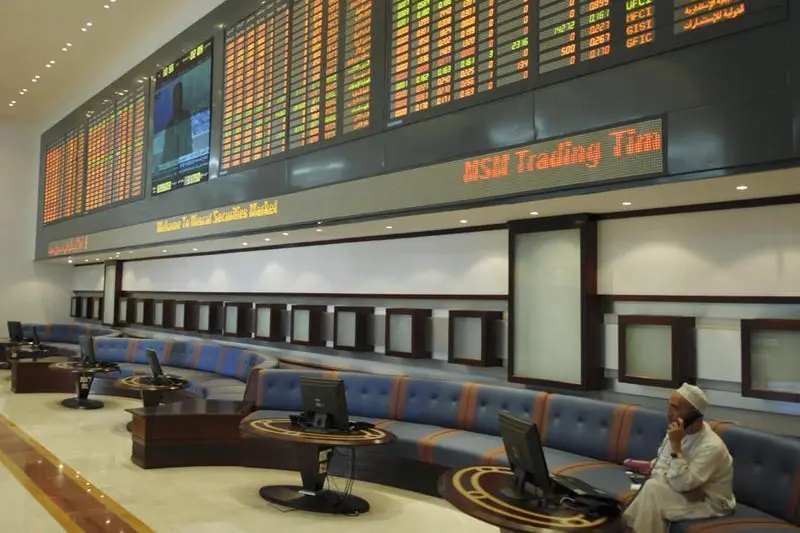PHOTO
Muscat – Oman’s capital market regulator Financial Services Authority (FSA) announced details of the Capital Market Incentives Programme on Sunday. This initiative, based on Royal Directives, aims to offer a package of incentives to develop the investment and business environment in the sultanate, support economic development and achieve the goals of Oman Vision 2040.
The Capital Market Incentives Programme is designed to stimulate the capital market’s role in the national economy, enabling it to serve as a long-term financing tool for economic projects and providing investment opportunities for both local and foreign investors.
Details of the programme were announced at a press conference on Sunday. It will be implemented through three distinct paths over a period of five years.
Addressing the press conference, Sheikh Abdullah Salem al Salmi, Executive President of FSA, emphasised the fact that His Majesty Sultan Haitham bin Tarik’s endorsement of the Capital Market Incentives Programme is significant support for economic growth by diversifying and empowering the private sector to play a larger role in leading business and commercial activities.
Path 1 – New joint-stock companies
The first path includes a package of incentives provided by various government entities to encourage the establishment of new public joint-stock companies and conversion of private and family-owned companies with market value exceeding RO10mn into public joint-stock companies.
As part of the incentives, the Ministry of Finance will refund two-thirds of the income tax paid by companies benefiting from the programme for a period of five years after they are listed on Muscat Stock Exchange (MSX). Additionally, Tax Authority will allow these companies to pay income tax in installments and exempt them from taxes resulting from these installments for a period not exceeding six months from the due tax date.
Also, companies listed on MSX will be granted a 10% price preference in awarding of procurement contracts and tenders issued by the Secretariat General of Tender Board for a period of five years, in accordance with rules currently in force.
Sheikh Salmi informed that conversion of companies into public joint-stock companies will strengthen the position of MSX, and increase its liquidity and size, while improving prospects of upgrading the stock exchange to an emerging market, thereby offering investors more options and alternatives across various sectors.
Path 2 – Promising Companies Market
The second path involves establishing a sub-market within MSX – called Promising Companies Market – which targets private and family-owned companies, small and medium enterprises (SMEs) and emerging companies with market value exceeding RO500,000.
Closed joint-stock companies wishing to list on the Promising Companies Market will receive incentives from the Ministry of Finance, including a refund of two-thirds of the income tax paid after listing on the market. The Tax Authority will also permit the payment of income tax in installments, with an exemption from additional taxes for a period not exceeding six months from the due date. The Tender Board will similarly grant a 10% price preference in procurement and tender contracts under the same rules.
Sheikh Salmi informed that the Promising Companies Market would provide an environment conducive to private companies, family businesses, SMEs and emerging enterprises to grow, gain experience in financial markets, and explore alternative financing options for their projects and expansion.
He added that FSA is currently working with MSX to frame regulations for the Promising Companies Market and establish procedures for listing companies. The market is expected to launch before the end of this year, subject to regulatory approval.
Path 3 – Conversion of LLCs
The third path focuses on encouraging the conversion of limited liability companies (LLCs) into closed joint-stock companies. It targets companies with market value exceeding RO500,000 and a workforce of at least 20 Omani employees.
Under this path, one-third of the income tax paid by companies benefiting from the programme will be refunded for two years following their conversion. These companies will also receive a 10% price preference in procurement contracts and tenders issued by Tender Board for two years in line with existing rules.
Additionally, LLCs converting into closed joint-stock companies will be given priority when submitting financing applications to Development Bank under the incentives programme.
© Apex Press and Publishing Provided by SyndiGate Media Inc. (Syndigate.info).





















